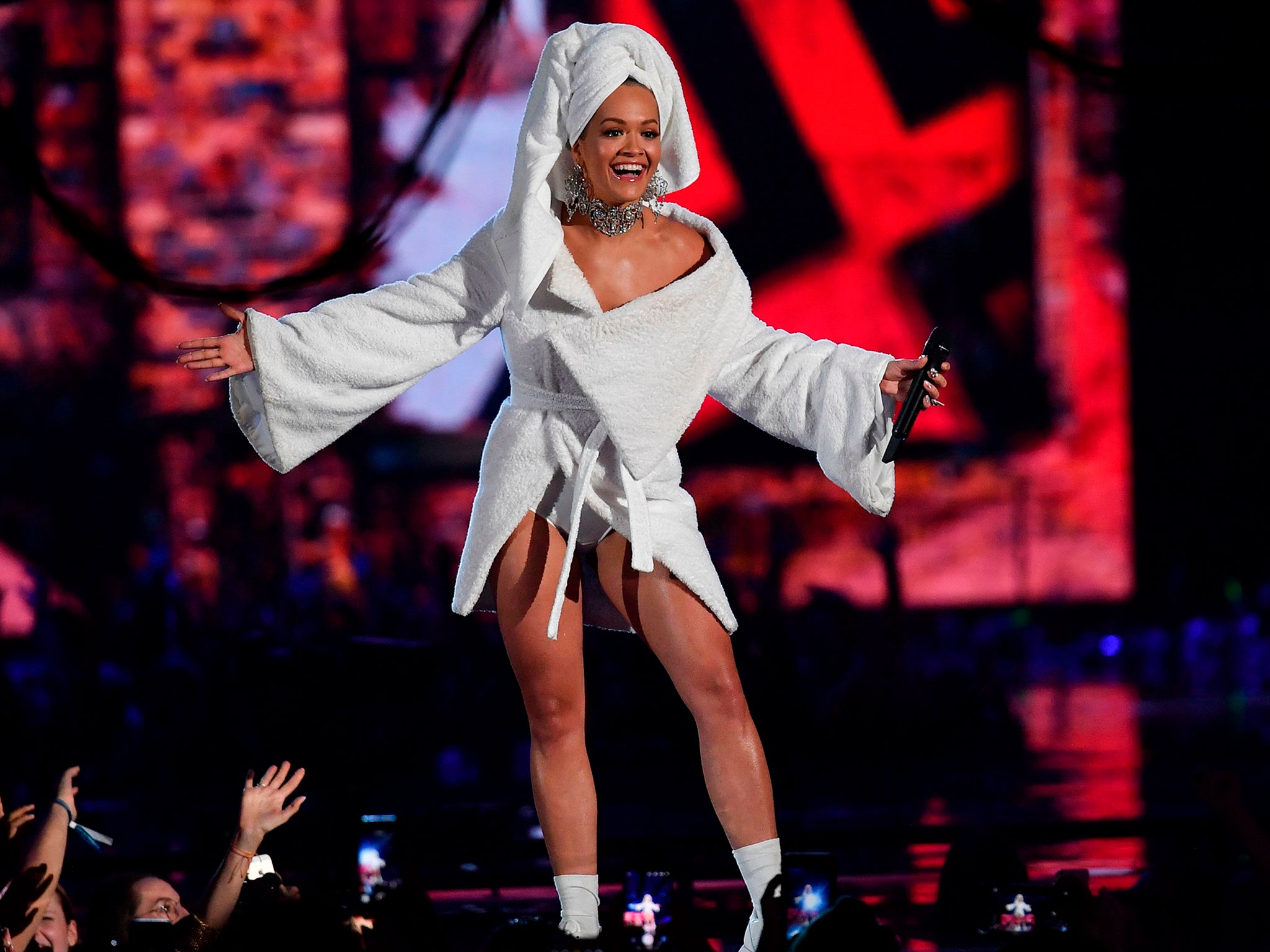NHS trust loses £360k after attempt to host fundraising music festival
John O’Connell, chief executive of the Taxpayers’ Alliance, described the failed festival as an “outrageous” waste of money.

Your support helps us to tell the story
From reproductive rights to climate change to Big Tech, The Independent is on the ground when the story is developing. Whether it's investigating the financials of Elon Musk's pro-Trump PAC or producing our latest documentary, 'The A Word', which shines a light on the American women fighting for reproductive rights, we know how important it is to parse out the facts from the messaging.
At such a critical moment in US history, we need reporters on the ground. Your donation allows us to keep sending journalists to speak to both sides of the story.
The Independent is trusted by Americans across the entire political spectrum. And unlike many other quality news outlets, we choose not to lock Americans out of our reporting and analysis with paywalls. We believe quality journalism should be available to everyone, paid for by those who can afford it.
Your support makes all the difference.A cancelled music festival in which Rita Ora and other stars were due to feature led to an NHS trust in Derby losing more than £360,000.
D-Hive, owned by the University Hospitals of Derby and Burton NHS Foundation Trust, organised the Derby Sound event to raise extra money which could pay the wages of 10 nurses for a year at the trust, which runs the Royal Derby Hospital. The event was cancelled due to poor ticket sales.
Derby Sound, featuring Rita Ora and The Vamps, was due to take place at Derbyshire County Cricket Club in 2019.
For two years the trust tried to block the information about its losses from being made public, claiming it was “bound by commercial confidentiality to third parties.”
The losses were eventually revealed following Derbyshire Live’s two-year Freedom of Information battle.
D-Hive is a company, wholly owned by the hospital trust, which works on commercial projects intending to plough the profits back into local healthcare.
In total, the costs associated with the cancellation of Derby Sound were £361,679.
The trust, however, argues that it did not incur any losses as a result of the cancellation because it claims D-Hive has provided £2.5 million in profits ‘over the past five years up to March this year.
The largest trade union in the UK is calling for an “independent and transparent” inquiry into how the doomed venture could have cost a “cash-strapped NHS” so much money.
“The loss of £360,000 is a considerable amount; however you measure it – and a sum that the cash-strapped NHS can ill-afford to lose,” its spokesman said.
“The questions that need to be asked are why the trust is entering into the world of music festivals in the first place and, also, the exact mechanics into how such a loss could be chalked up and what financial oversight procedures were in place.”
“The fact that the trust fought a legitimate Freedom of Information request so strenuously seems to indicate a deeper malaise when it comes to accountability and scrutiny.”
Simon Crowther, executive director of finance and performance at the hospital trust, told Derbyshire Live said the trust “did not incur any costs from the cancellation of this concert.”
“The trust ... benefited to the sum of £2.5m from D-Hive over the past five years to be reinvested back into NHS services.”
Join our commenting forum
Join thought-provoking conversations, follow other Independent readers and see their replies
Comments